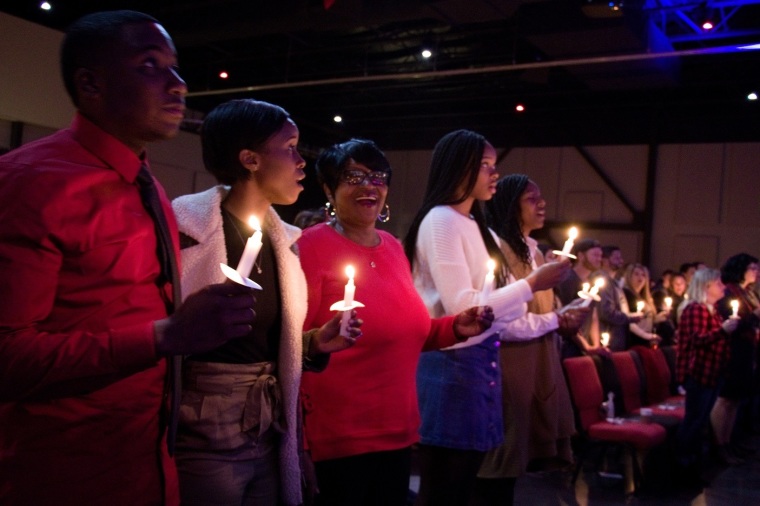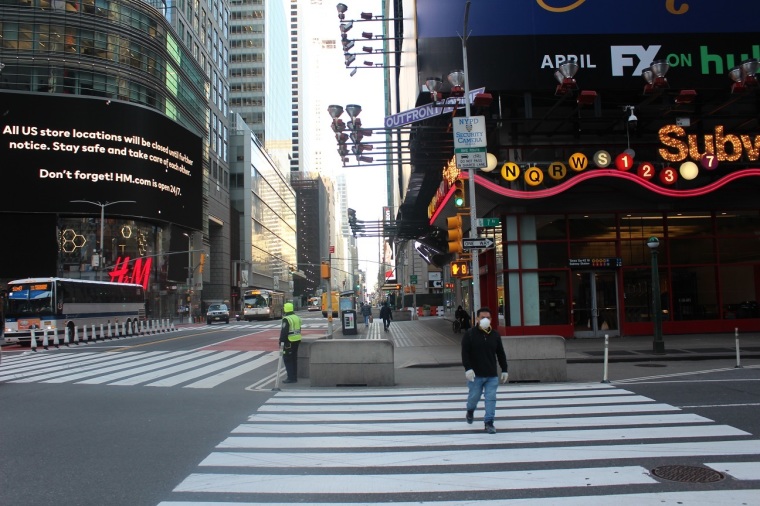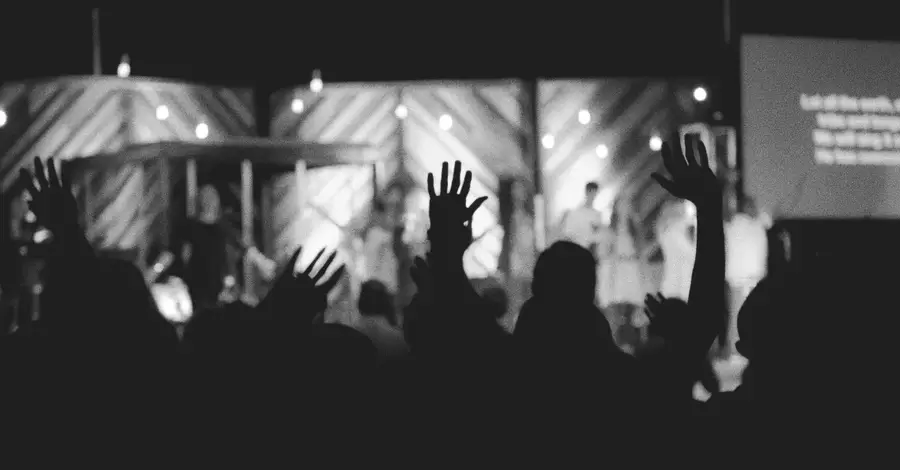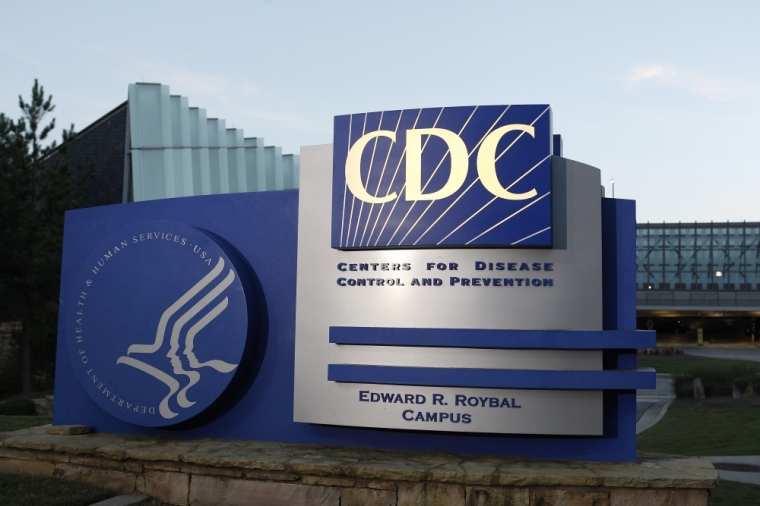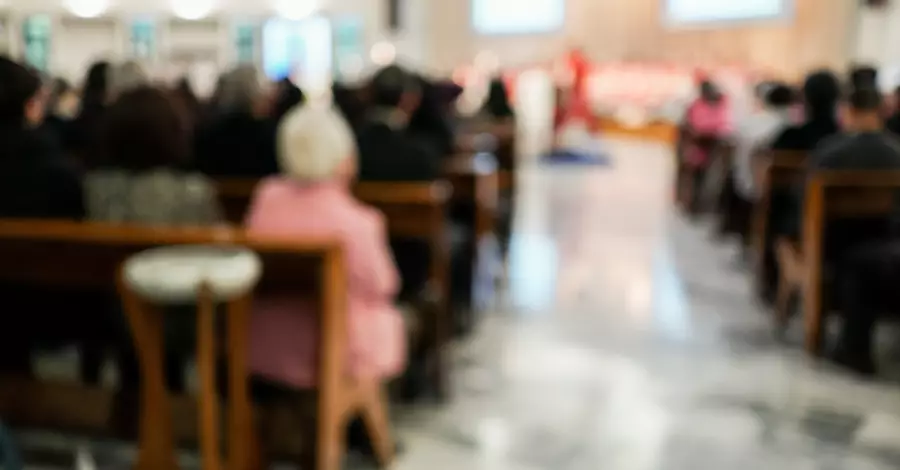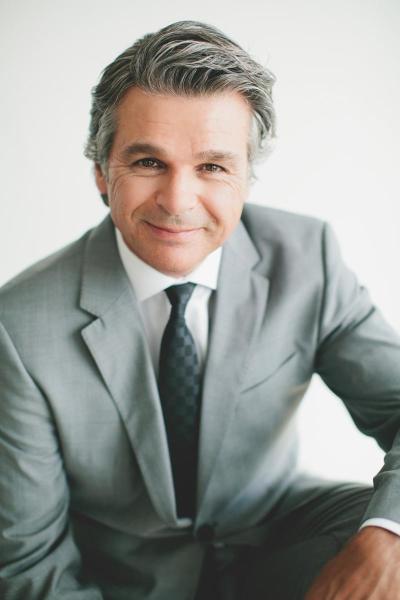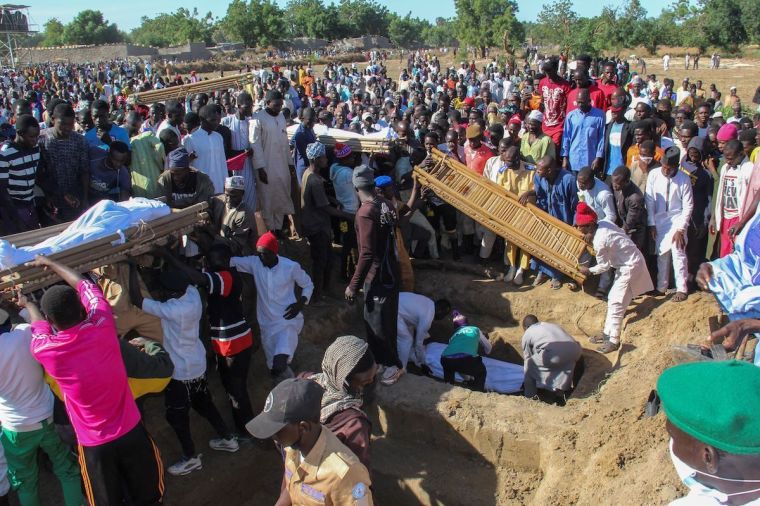More spiritual reflection, fewer gifts and less in-person church attendance are among several ways in which a majority of Americans say the new coronavirus has changed the way they will celebrate Christmas in 2020, a new study shows.
The data culled from a LifeWay Research online survey of 1,200 Americans, conducted Sept. 9-23, using a national pre-recruited panel, show that 65% Americans will make at least one change to their Christmas plans as a result of the pandemic.
“Some Americans are reacting to the effects of COVID-19 by doubling down with plans to celebrate more,” Scott McConnell, executive director of LifeWay Research, said in a statement. “Other Americans will scale back their traditions likely due to safety, finances or their state of mind.”
As a result of health restrictions in effect across much of the country, some 35% of Americans said they will spend less time visiting with family this Christmas. Just under half, 47%, said family gatherings will remain the same while 13% plan to visit with their loved ones even more.
Older adults 50 and over and individuals who are more vulnerable to contracting the virus were more likely to say they plan on spending less time visiting with family than younger adults aged 18- 34.
Twenty percent of Americans also expect lower gift giving due to the economic downturn triggered by the virus but 67% said their gift giving will remain the same, while 9% plan on giving more.
When it comes to attending a Christmas church service, 25% of survey respondents said they are less likely to do so this year. Only 11% said they are more likely to attend a Christmas service while 37% said their decision to attend or not attend was not changed from the previous year.
While churches may be less crowded this Christmas, more Americans reported plans to spend more time in spiritual reflection on the significance of Christmas.
“Almost 9 in 10 Americans typically do some spiritual reflection at Christmas,” McConnell said. “Personal time considering why God would come in the flesh isn’t affected by health or financial concerns, so it’s not surprising that about twice as many Americans will do more of this than less for Christmas this year.”
While 59% of respondents said their spiritual reflections this year will stay the same, 19% said they expect it to increase. The survey shows that even among the religiously unaffiliated, 10% of respondents said the pandemic has made them more likely to spend time in spiritual reflection during the holidays this year.
African Americans and evangelicals were the most likely to say the pandemic has led them to be more spiritually reflective this Christmas.
Notably, compared with other Americans, evangelicals were found more likely to say they are going to visit family more, give more gifts, and have spiritual reflections, the study shows. They were also more likely to say COVID-19 made them more likely to attend church services this Christmas.
